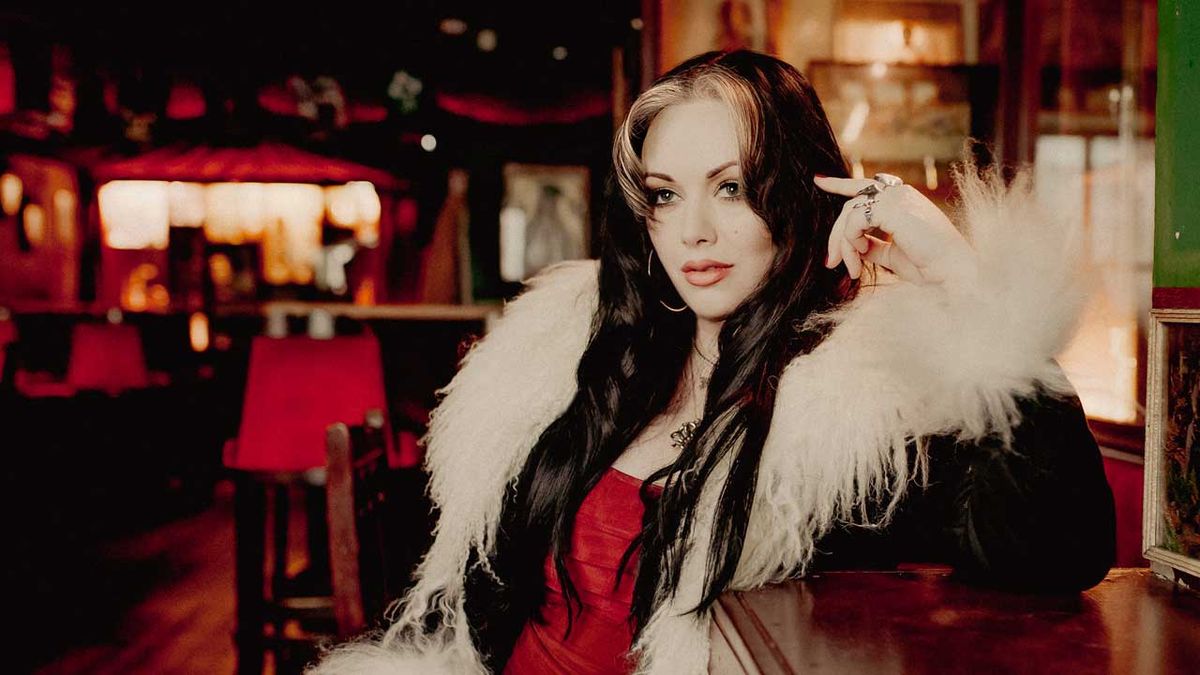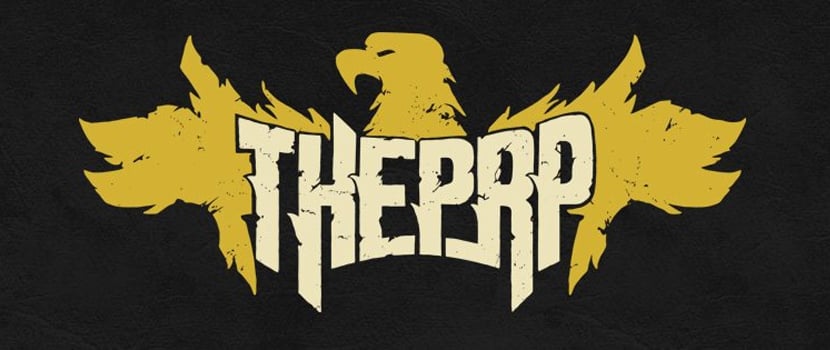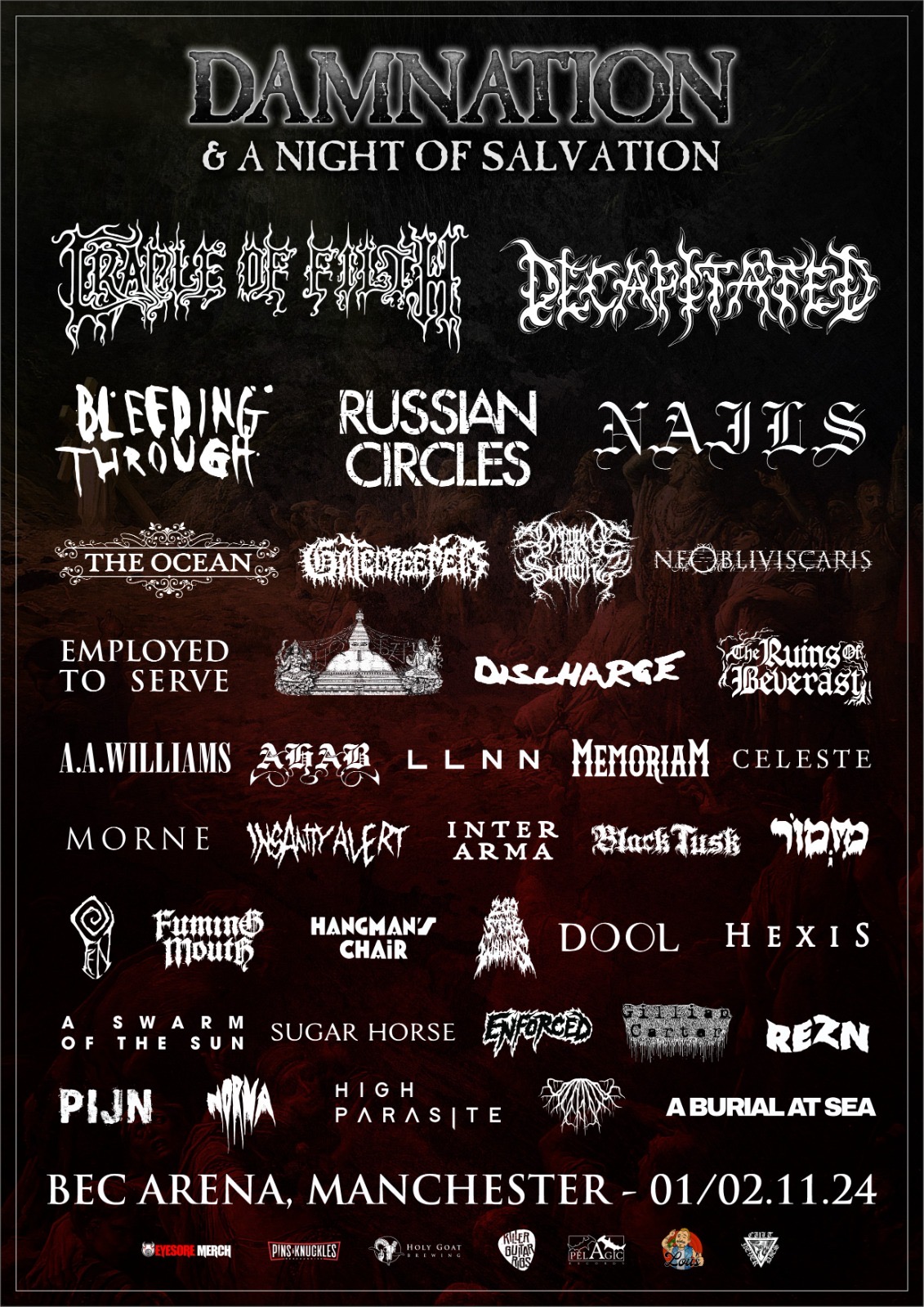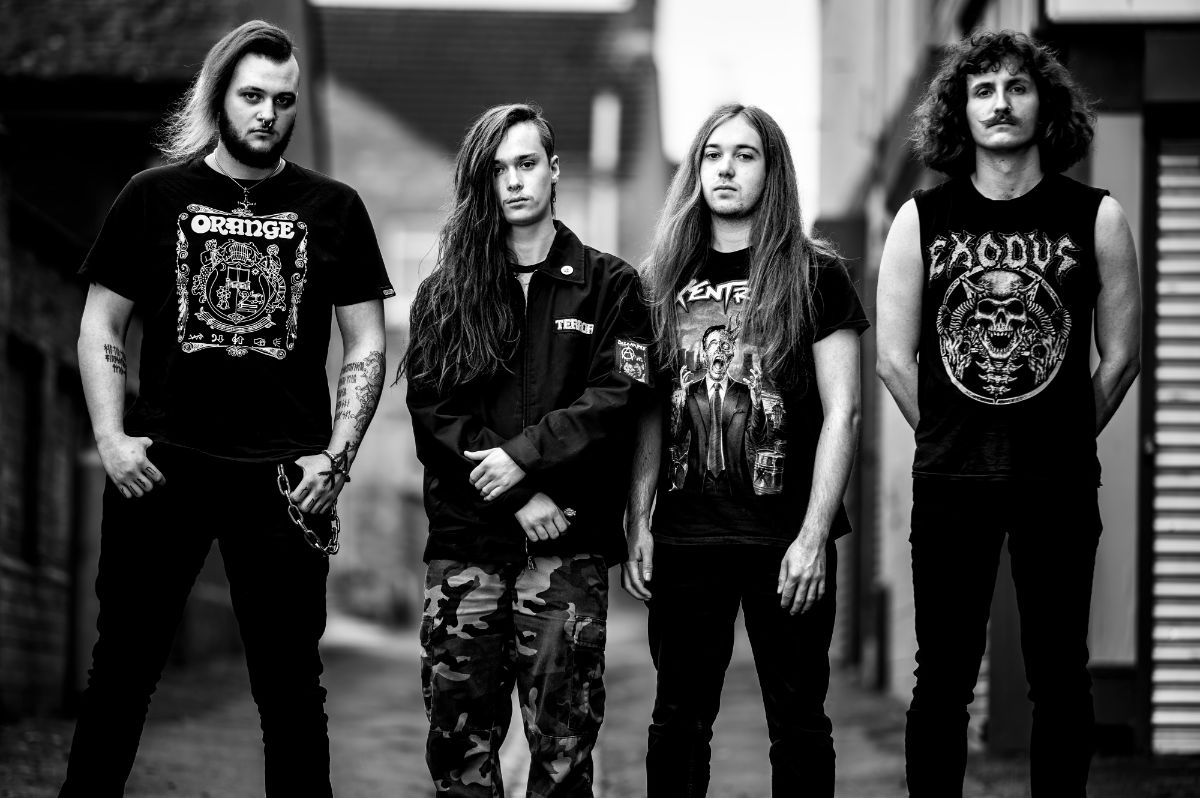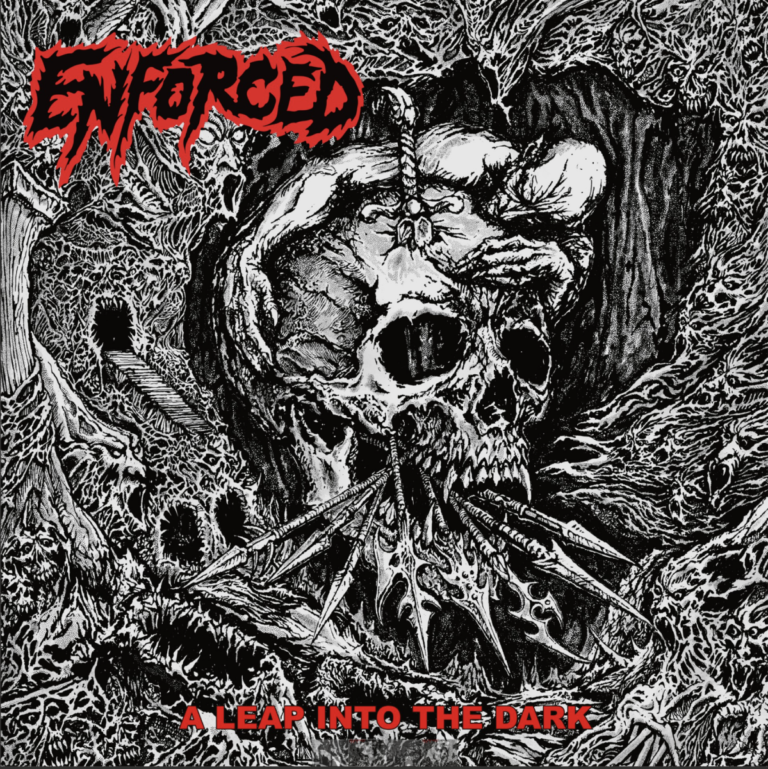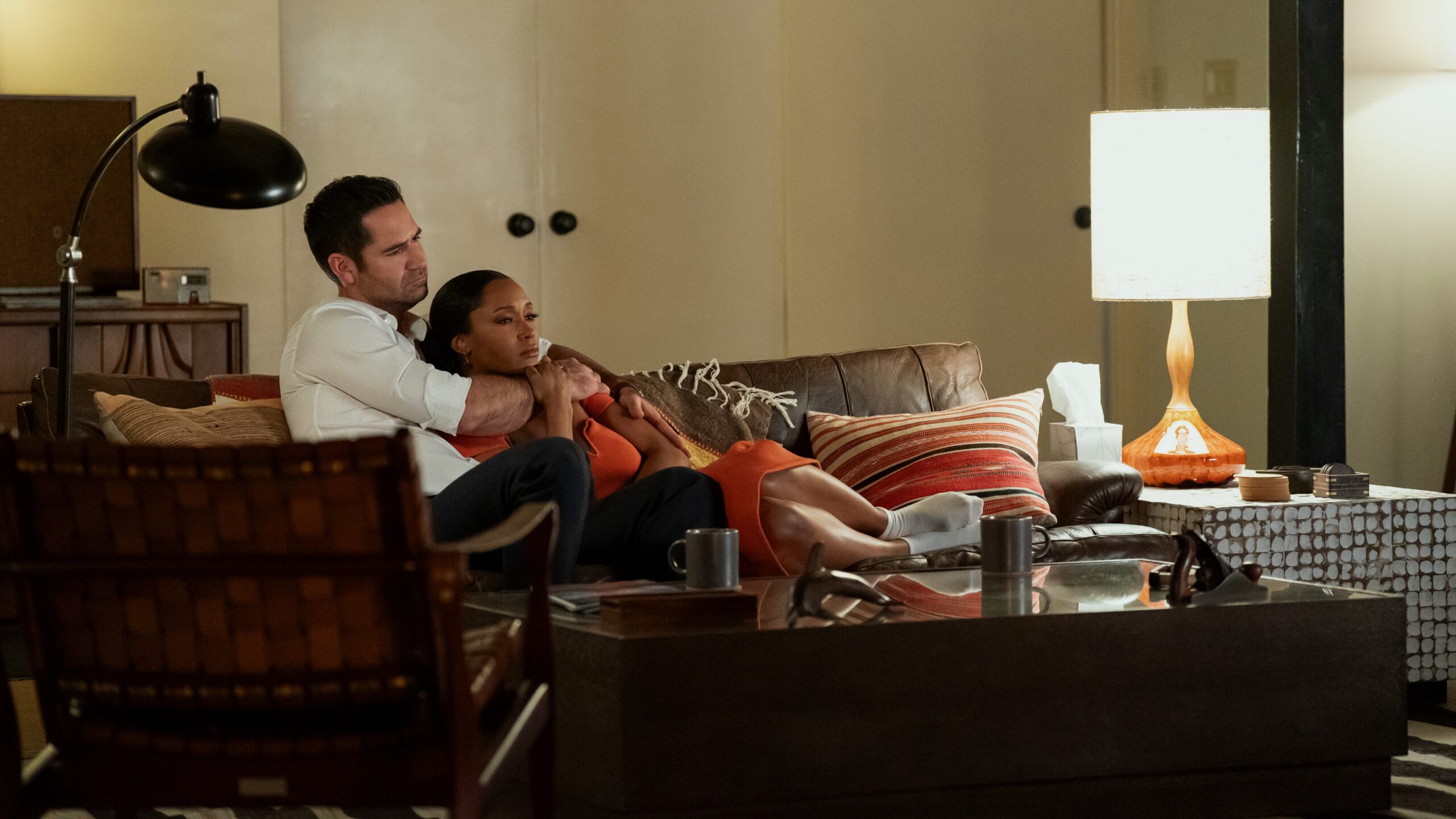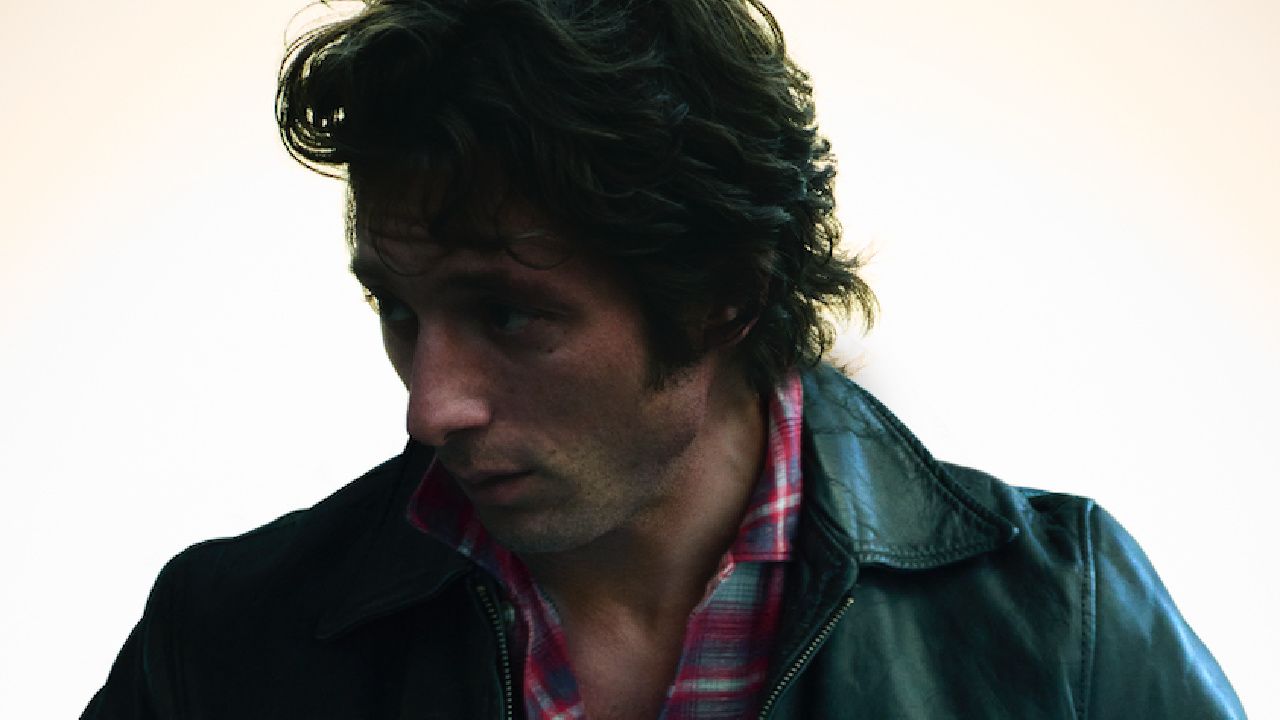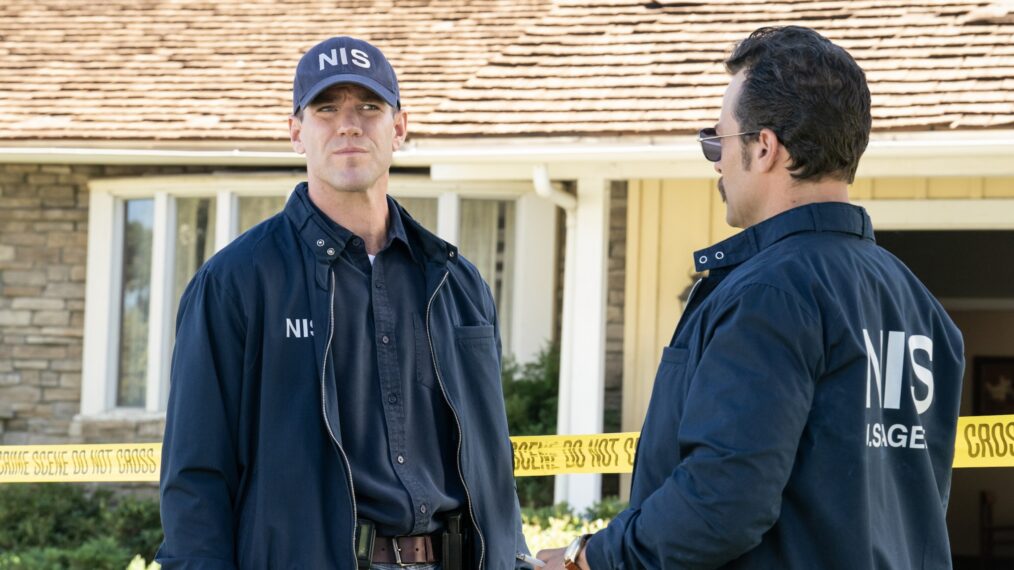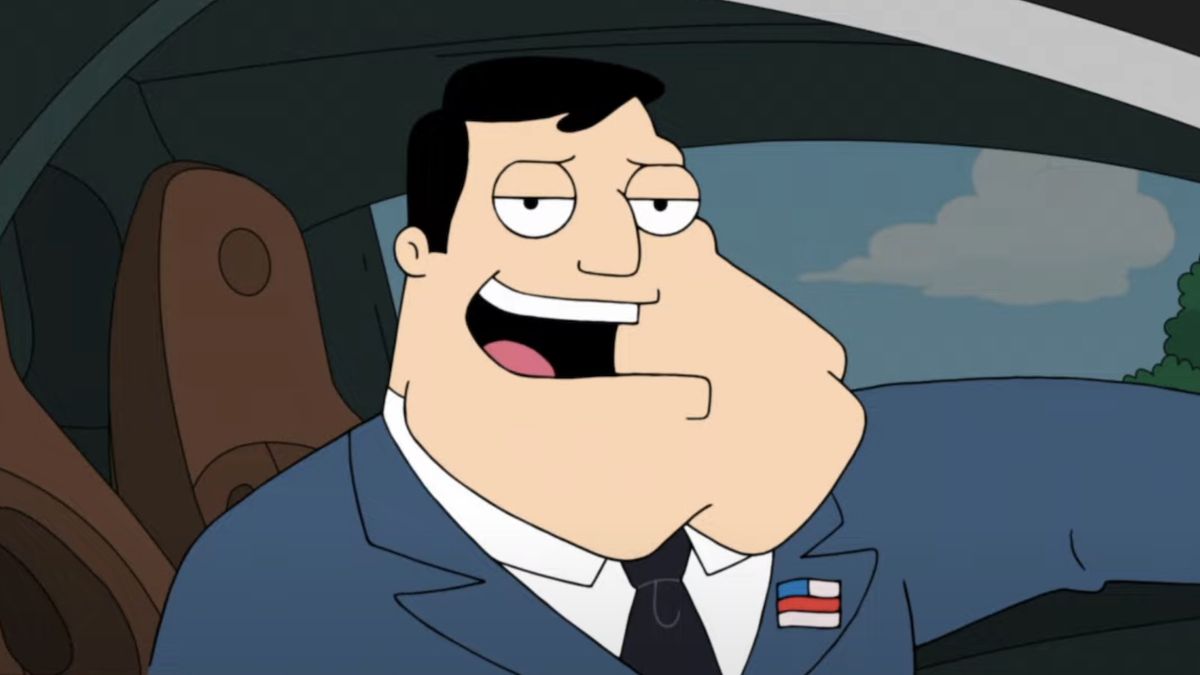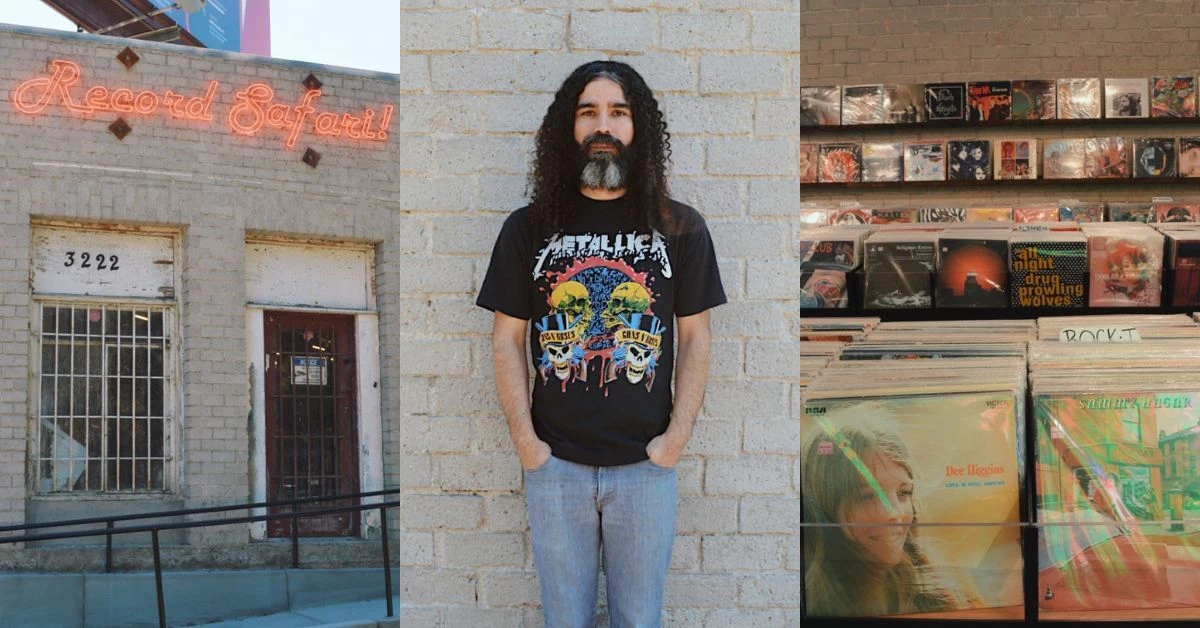
Alex Rodriguez was drawn to music from an early age, so it makes perfect sense that he’s devoted his life in pursuit of it. Throughout his life, Rodriguez has experienced every wave of how people consume and listen to music, but one thing has always remained constant: his love of vinyl records and curating impressive collections. The vinyl enthusiast has always been surrounded by record stores, whether that was working in retail or managing successful shops. Through these experiences, he learned how to create the optimal record store experience that’s genuine, affordable and constantly bringing in new and exciting products.
Read more: On Hellfire, black midi explore the darkness of life through genre-bending comedy
This all culminated in the opening of Record Safari, Rodriguez’s latest venture that has not only been welcomed by the Los Angeles music scene but become a destination for collectors nationwide. Additionally, Rodriguez has become the go-to authority in all things records, which led to his partnership with Coachella to curate a one-of-a-kind record store experience in the heart of the festival’s grounds every year. Beyond that, Rodriguez can be found DJing across LA, showcasing the artists he loves and spreading positivity through music.
As a kid, what sparked your interest and love of music?
When I moved to Bakersfield, California as a kid, my parents wanted to live on a farm, so we moved out to the middle of nowhere. There were literally no kids or anyone to play with, but my dad wanted cable TV to watch boxing fights, and my mom said, “Whatever you do, don’t watch MTV.” So of course the first thing I did when she left for work was watch MTV. Since I had no kids to play with, all I did was watch MTV, and it sucked me into music, especially heavy metal at the time. The first video that made me excited was “Welcome To The Jungle” by Guns N’ Roses.
[Photo by Rachel Hacken]
When did you start diving into the physical aspect of music collecting?
It started with cassettes, and my parents had already moved on from records, so those were all in the garage by the time I was getting into music. The first cassette that I bought with my own money was As Ugly As They Wanna Be by Ugly Kid Joe. CDs came next, and then by 1994, I started getting into punk rock. I would go to shows, and all the bands were selling records, so I went home and told my mom that we needed to buy a record player.
Being a record store owner today, did you have prior experience working in other record stores in the past?
Before I moved to LA, my friend and I opened a vintage clothing and record store in Bakersfield called Gigantic Vintage. I also worked at Tower Records in the late ’90s and early 2000s. I worked at the New York, Orange County and Sunset Boulevard locations in Hollywood, so I helped a lot of celebrities. [Laughs.]
As a rabid music consumer, what drove you to venture into DJing during this time?
I had just turned 21, so I was going to a lot of clubs. The clubs were playing Britpop or ’60s music, and I saw the DJs doing it and thought, “I can do that.” Part of music is making people happy, and it brings out so many emotions, so if you can share a song that can brighten someone’s day, then I’m all for it. Also for the artists, they didn’t make their music not wanting it to be heard, so if there is an artist that I think is great, I’m gonna DJ it and get their name out there as much as I can.
[Photo by Rachel Hacken]
What was opening Record Safari in the midst of a pandemic like?
I spent over a year buying collections of records for the store. I thought the pandemic was going to kill the record industry, but it actually skyrocketed. One of the only things that were open for a while was retail, and you can only go to Target so many times and see the same products. The great thing about a record store is that you see something different every time so it gives you an incentive to keep coming back. When we opened on the first day, we had 500 people in a line that wrapped way down the block into the neighborhood — it was pretty awesome. We were teasing the opening for six months, really dangling the carrot, so people were fiending for us to open.
It seems like you had no shortage of support from people when you opened the store. I imagine that’s a testament to how much you’ve been a patron of the arts and community.
I run the record store the way that I would want when walking into any record store. I don’t want to overpay for a record, and when they get too expensive, it’s not fun. I try to keep records in good condition, and priced fair where the business can still sustain itself and the customer can also feel like they got a good deal.
[Photo by Rachel Hacken]
Another remarkable aspect of your career is that you travel around the country amassing record collections from different sources. How does this process work?
Usually it’s just a friend of a friend who lets me know to call people who have records they are selling, or a neighbor passes away and they find a collection. Sometimes we just get phone calls from people to the store, and then we go out and find a huge collection.
How did you connect with Coachella to curate their record store at the festival?
I used to manage The Glass House Concert Hall in Pomona, California, and still manage their record store to this day, and that is in the [Coachella organizer] Goldenvoice family. One year, Zia Records, who did the Coachella record store for years, couldn’t do it, so they came to me and asked if I could do it. This was 2014. I made the store, and they liked it, so they made me their in-house guy.
Do you think the next generation is going to keep physical records alive?
Who’s to say? I just know that this generation now grew up with MP3s, so something physical is new to them. They grew up with everything in the palm of their hands with their phones, so a record is just going to feel different.
[Photo by Rachel Hacken]
[Photo by Rachel Hacken]
[Photo by Rachel Hacken]
[Photo by Rachel Hacken]
[Photo by Rachel Hacken]

